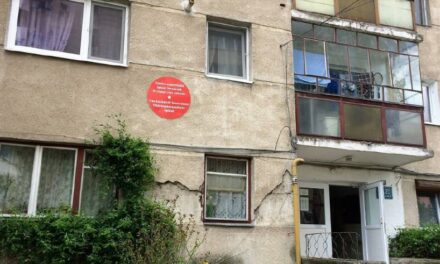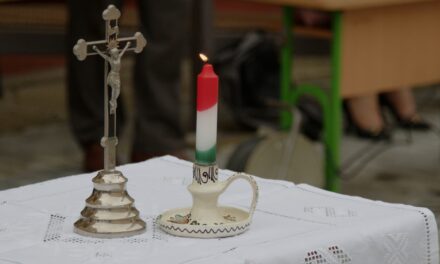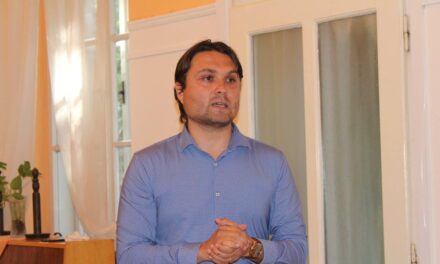Folk dance has benefits that young people cannot even imagine. We have to make them realize that folk dance is not chic, and folk costumes are not "mammy" - a Vasarnap.hu employee talked to Annamária Mészáros-Szabó, a folk dance instructor and a scholarship recipient of the Petőfi Sándor Program
- The coronavirus epidemic put it on hold, but the Sándor Petőfi program can start again this fall. What is the purpose of this?
- The Sándor Petőfi Program is a program of the State Secretariat for National Policy that aims to help the scattered Hungarians living in the Carpathian Basin. All of this is done by sending a scholarship holder to the given settlement to help the locals get to know the Hungarian language and culture, and to support local community organization. I am very happy that after two years I was able to win this scholarship again, so in a few weeks I will be able to visit the scattered Hungarians in Southern Transylvania for the second time, including Csernakeresztúr.
– What motivated you to apply for the program?
My maternal grandfather was born in Marosszentkirály, unfortunately I didn't get to know him anymore, but I always had a kind of instinctive curiosity, I wanted to get to know the people of Transylvania, the culture of the Hungarians there. When I was eight years old, I was captivated by the magical world of folk dance and folk music, I grew up in it, and it shaped me into who I am today. As a member of the Debrecen Népi Együttes, I got to many places through the performances, so we also traveled to Transylvania several times.
It was then that I first felt that it would be good to somehow help the Hungarians abroad to strengthen their identity.
I thought that I could really fulfill myself in teaching folk dance. There were times before when I took a group of children with me, somehow instinctively I was able to gather them around me like little swallows. I felt that it was good to deal with this, so I decided to apply for the program for the first time in 2019.
– What can Hungarian folk dance mean to Hungarians living across the border?
- Definitely the feeling of belonging to Hungarianness. The folk tales, the folk dance, and the folk song all serve this purpose: they give strength to the local communities, which is an extremely important task in terms of preserving Csernakeresztúr's Bukovina roots. However, it should be known that Hungarians abroad can live and prove their identity in many different ways.
the full article of Sunday here.
Author: Gábor Tóth
Picture: Krisztián Szennyyes













